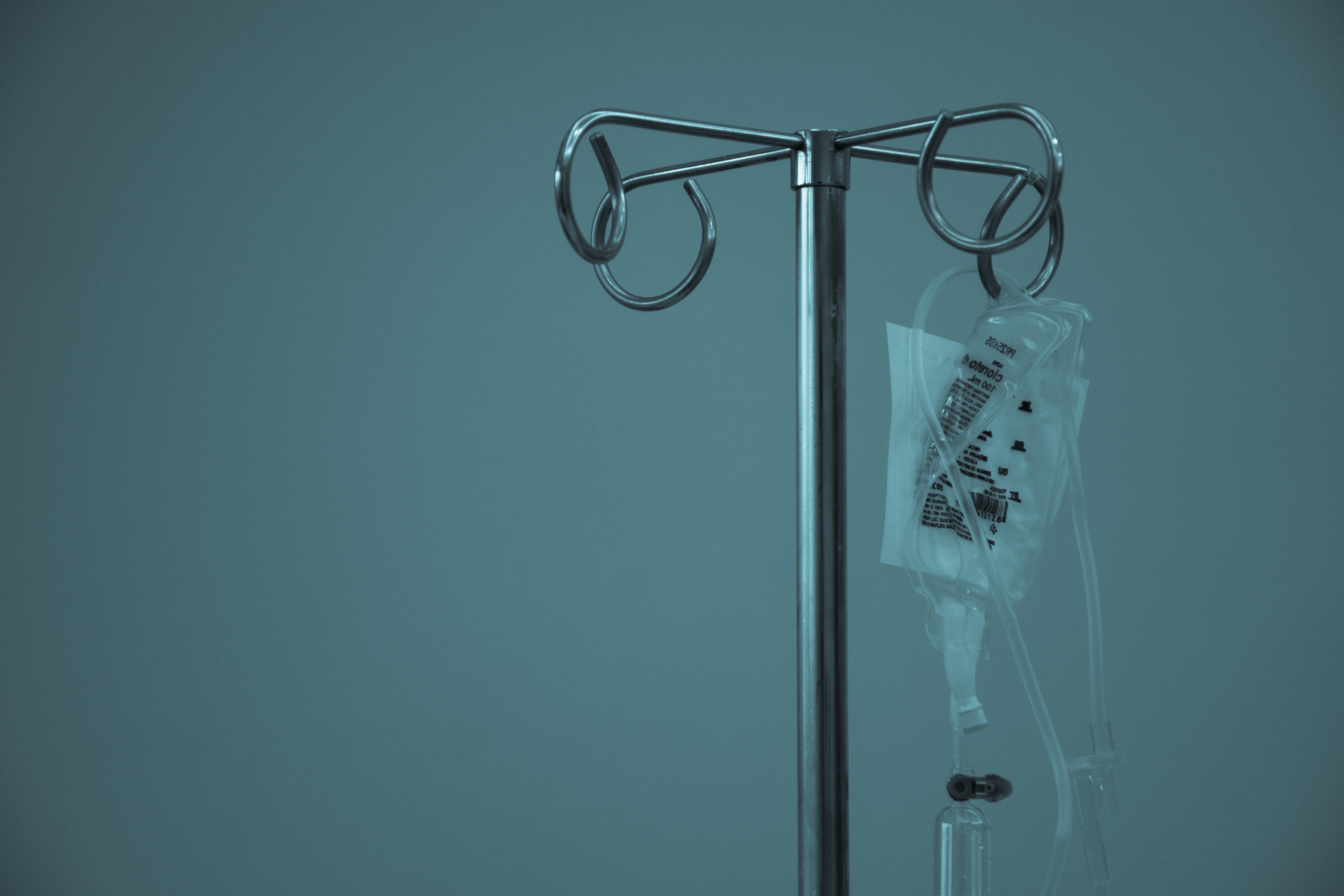FDA Approves New Drug to Treat Severe Postpartum Depression

Published Date: 10/16/19
Giving birth marks a massive life change and no matter how prepared you may be for motherhood, the emotional and physical changes it brings with it can sometimes catch you off guard. Luckily, most of these changes are a normal part of the post-delivery process, and they usually work themselves out in a few months as hormones settle. However, when some of these feelings and emotions are sustained, it can pose a serious health risk for mom.
Baby blues and who gets them
Almost every mom gets some version of the baby blues after the birth of their child. It is even more common for first-time moms who find themselves facing a whole new version of their lives that they have never had to deal with before.
Common symptoms of the baby blues include unexpected crying spells, irritability, sadness, moodiness, anxiety, a feeling of being overwhelmed, and changes is your sleep and appetite. Some women may experience just one of these symptoms, while others may experience a combination of several of them. Typically, these symptoms will start to appear within the first few days of delivery and tend to last about one or two weeks before going away on their own.
Postpartum Depression
For some mothers, these symptoms do not go away. Instead of being a temporary phase, it turns into a serious episode of depression. When this happens, it is called postpartum depression.
Postpartum depression is a mental health condition and is not the fault of the new mom, or a sign of weakness. It is simply a vulnerability that must be acknowledged and treated quickly. Intervening at an early point goes a long way in ensuring that the symptoms do not become overwhelming, further complicating treatment.
The problem with postpartum depression is that it is often mistaken for baby blues. You need to watch the symptoms to make sure that they are not getting worse and that they do not last for more than a week or two. Ignoring them can lead to more serious problems in caring for your baby and your family. This is why it is so important to seek help when you feel you need it.
The symptoms of postpartum depression vary from woman to woman and generally are more intense versions of baby blue symptoms. They include constant crying, severe depression, loss of interest in daily activities and caring for your baby, overwhelming fatigue, trouble eating or sleeping, feelings of shame and worthlessness, and even thoughts of harming yourself or your baby. If left untreated, these symptoms can last for months and keep increasing in intensity.
Treating PPD
The treatment of postpartum depression is a process and step one is getting the right diagnosis. Once that is done, if you have mild to moderate PPD, therapy and social support will likely be recommended. Support groups have been proven to be tremendously helpful for women dealing with mild to moderate PPD.
If you are exhibiting more serious symptoms, an antidepressant such as Prozac may be prescribed in addition to the lifestyle regimen. The antidepressant can help stabilize brain chemistry and improve your day-to-day mood. For many years, this has been the standard recommended treatment for PPD.
An important point to note here is that if you are a breastfeeding mom, discuss with your doctor whether the prescribed medications will force you to discontinue breastfeeding.
Why is there a new drug for PPD?
Women who are dealing with very severe symptoms are at great risk of harming themselves or their babies. Besides antidepressants, therapy, and social support this group of mothers may still struggle. That is where the new drug Zulresso comes in.
What does Zulresso do?
Zulresso is a neurosteroid, or a hormone that acts in the brain. While testing a form of the drug for other uses, it was found to help mothers dealing with severe postpartum depression.
Zulresso has powerful antidepressant properties and works differently than other PPD drugs. To use it, it is administered as a single 60-hour infusion in a controlled medical environment.
Zulresso works by impacting GABA receptors in the brain. GABA is a brain neurotransmitter that modulates depression and anxiety. So, while other antidepressants can take up to two weeks for the user to see any marked improvements, with Zulresso, you will see its effects in as little as two days. Plus, in a controlled test scenario, the benefits of the drug in improving depressive symptoms could be seen both at the end of the infusion period and after the follow up period after 30 days.
Some side effects of Zulresso include drowsiness and dizziness. Other than that, the drug is pretty well tolerated. However, the FDA observed serious adverse effects in a few people, including suicidal thoughts and altered consciousness, based on two clinical studies. This is why the medication is now only available through a restricted distribution program at certified health care facilities.
If you are taking Zulresso, speak with your healthcare provider about the risks and benefits of breastfeeding.
Who can be prescribed Zulresso?
Zulresso is a medication that is reserved for the most severe cases of postpartum depression. It was approved in 2019 by the FDA, so it still remains to be seen how it will get used long-term. Today, a single Zulresso infusion costs $34,000, with variable insurance coverage, however Sage Central Support has programs that may be able to assist families with insurance coverage and financial assistance.
That being said, if you suspect you are dealing with something more serious than the baby blues, it is important to understand that you are not alone. Help is out there when you need it, all you have to do is take that first step and seek it.
If you notice that you have not been feeling like yourself for more than two weeks, talk to your doctor about both support and medication options and find something that will work for your lifestyle.
Paper Pinecone is the most comprehensive directory of preschool and childcare programs available. Start your free search today.
- stacey's blog
- Log in or register to post comments





